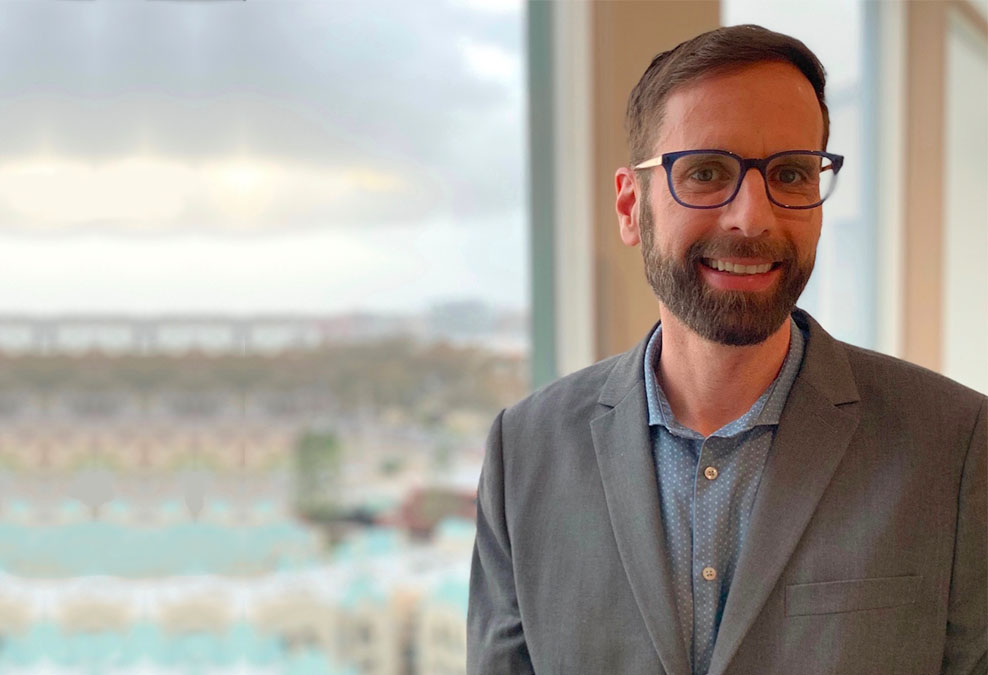We are a San Diego leader in helping children, adolescents, and adults overcome difficulties with anxiety, mood, eating disorders, and tic disorders.

About The Practice
The Center for Mental Wellness offers 17 years of clinical and research experience in helping children, adolescents, and adults struggling with frequent sadness, anxiety, eating disorders, anger, or repetitive behaviors. Using scientifically supported methods, delivered with empathy and optimism, we can guide you or a loved one in overcoming difficulties at school, work, or home.
We offer behavioral therapies that have been proven effective in national research studies, including cognitive behavioral therapy, (CBT), exposure and response prevention (ERP), comprehensive behavioral intervention for tics (CBIT), dialectical behavior therapy (DBT),and family therapy.
Contacting us may be the first step in:
● Understanding why you or a family member are having problems with anxiety, mood, or compulsive behaviors
● Getting an accurate diagnosis
● Improving relationships, achievement, and overall functioning
● Overcoming feelings of depression, anxiety, isolation, confusion, and shame

Eunice Kim, Ph.D.
Eunice Kim, Ph.D., is founder of the Center for Mental Wellness, and a licensed clinical psychologist with extensive clinical and research experience in the treatment of children and adults. She has held leadership roles in the Department of Psychiatry at UCLA, where she supervised and taught advanced clinicians at the UCLA Child and Adolescent Mood Disorders Program. Additionally, she provided treatment at the UCLA Child Anxiety, OCD, and Tic Disorders Program. She was also Co-Director of the Vine Street Behavioral Medicine Clinic at the UCLA Center for Behavioral and Addiction Medicine, and Director at UC San Diego, Intensive Outpatient Program.
Eunice Kim, Ph.D., completed her undergraduate education at UC Berkeley and obtained her Ph.D. from the University of Colorado, Boulder. She completed her internship at the UCLA Semel Institute for Neuroscience and Human Behavior, then a postdoctoral fellowship in the UCLA Department of Psychology. She has trained with and continues to work with internationally recognized leaders in mood, anxiety disorders, tic disorders, and substance abuse.
Dr. Kim has numerous publications in international psychology journals and has made multiple presentations at national conferences.

Christopher Booth, PsyD
Christopher Booth, PsyD, is a licensed psychologist who specializes in the treatment of anxiety, depression, obsessive compulsive disorder (OCD) and OCD-related disorders among children, adolescents and adults. He also has expertise in helping people cope with medical conditions or other life stressors that may affect mental health and happiness.
Christopher Booth completed his undergraduate education at Sonoma State University, a master’s degree from Pepperdine University, and then obtained his doctorate from the University of La Verne. He completed his internship at Barrow Neurological Institute at Phoenix Children’s Hospital, then a postdoctoral fellowship at Children’s Hospital of Orange County, affiliated with UC Irvine School of Medicine. He then returned as faculty to Barrow Neurological Institute at Phoenix Children’s Hospital for nearly 5 years, before joining the Center for Mental Wellness.
Dr. Booth uses evidence-based treatment approaches, primarily cognitive behavioral therapy (CBT) and exposure-and-response prevention (ERP). He also frequently employs aspects of acceptance and commitment therapy (ACT) and dialectal behavioral therapy (DBT). He combines his experience in behavioral therapies with an ability to establish rapport and strong therapeutic relationships with individuals of all ages.
Types of Therapies – For Children, Teens, and Adults
Cognitive Behavioral Therapy (CBT) is typically the first line treatment for problems with mood and anxiety. It has been studied in research with children, adolescents, and adults. It has also been studied more than any other form of psychotherapy and is widely recognized as one of the most effective treatments for depression or anxiety. CBT teaches people how to recognize unhealthy thinking styles, change their thought patterns, and then change their behavior accordingly. As individuals learn to change their thinking patterns, they develop better relationships and notice significant improvements in mood and functioning.
“I’ve had terrible tics since childhood. Only months before I met you, I could not go to restaurants, movies, or Starbucks without getting strange looks, and having tremendous hatred of my tics. But after learning the right strategies for controlling them, I went to a movie and didn’t tic the entire time. I never felt so much like a normal man in my life. I cried at the credits. It was an immense accomplishment and gift for myself and probably one of the most memorable of my life.”
– 25 year-old with Tourette’s Syndrome.
Habit Reversal Training is similar to CBIT and is used to treat other repetitive behaviors such as trichotillomania (hair-pulling) and compulsive skin-picking. Individuals learn to increase awareness of their repetitive behaviors, and the emotions and thought processes contributing to compulsive behaviors. They then learn to replace compulsive behaviors with alternative, more adaptive behaviors.
Dialectical Behavior Therapy (DBT) has significant research support as an effective treatment for people who have difficulty regulating emotions. It has also been adapted as an effective treatment for eating disorders and other mental health problems that interfere with relationships, work, and well-being. DBT teaches a variety of skills, including emotion regulation, mindfulness, interpersonal effectiveness, and distress tolerance. DBT’s goal is to enable healthier ways of coping with negative emotions and positive, adaptive behaviors in all settings.
Fees and Insurance
Fees vary by type of service and clinician. We encourage you to contact us about the type of service you are seeking and we can provide an estimate. We do not accept insurance and will be considered an out-of-network provider by your insurance company. Many PPO plans reimburse for a large portion of our fees, and we provide the documentation you need to obtain this reimbursement.
